Research Focus: Condensed Matter
The study of condensed matter is a broad and exciting field which, in addition to fundamental questions, also includes applications in perspective. A large subfield deals with solids and there in particular with various semiconductors and more strongly correlated materials such as quantum magnets and superconductors. The structuring of these on nanoscales leads to a wealth of phenomena and control possibilities through specifically tuned interactions between the various degrees of freedom of the charge, the spin and its magnetic moment, and the quantized lattice vibrations, the phonons. Quantum phenomena and their coherent control in space and time are of particular interest, which is a basis of quantum information processing. We investigate the time-dependent non-equilibrium physics essential and novel in this context with optical and spectroscopic methods, for example, with laser pulses, with radiation from the terahertz to the X-ray range. The coupling of light and matter for single photons up to that of ultra-intense light fields is therefore a central aspect.
The study of soft matter is a second fascinating focus of condensed matter physics. Here, for example, biological membranes and proteins or amorphous materials are studied for their physical behavior and how it is affected by their chemistry. Transport in cells and mobility of microorganisms are further exciting issues.
In general, experimental and theoretical groups work hand in hand to quantitatively understand measured results, jointly formulate and investigate new questions, and thus enable innovative advances.
The Condensed Matter group is the coordinator of the German-Russian Collaborative Research Center TRR 160 and participates in the Collaborative Research Center 142, the BMBF joint project QLink.X and the Cluster of Excellence RESOLV. At the EU level, for example, we participate in the FET Open program and conduct research funded by Starting Grants and Consolidator Grants from the European Research Council.
Contact
For all matters concerning the research focus as a whole, especially in matters of research and teaching, please contact:
Coordinated Programs
TRR 160 is the first German-Russian Collaborative Research Center funded since 2015 by the Russian Foundation for Basic Research and the German Research Foundation with a 12-year perspective. Scientists from the Ioffe Institute and St. Petersburg State University as well as TU Dortmund University are involved, working together on coherent spin electronics for efficient information processing in the future.
ICRC TRR 160
The Cluster of Excellence RESOLV is concerned with the understanding and design of solvent-dependent processes. Here, the RUB and TU Dortmund University cooperate successfully with scientists from Duisburg-Essen and other non-university partners.
RESOLV
The Transregional Collaborative Research Center TRR 142 has been funded by the German Research Foundation since 2014. Here, scientists from the University of Paderborn and TU Dortmund University are jointly researching how to exploit nonlinear interactions between light and matter to produce tailored functional optical structures. These are a central building block for photonic quantum technologies and the future of quantum information processing.
SFB TRR 142
Within the EU research network PATHOS, new techniques are being developed to improve the information content of spectroscopic and imaging methods used to study biological systems, including the human body. To this end, we are using fundamental insights from quantum mechanics, which have been developed in studies of quantum information and quantum control, among others. Results achieved so far include, for example, optimized measurement techniques for non-invasive clinical imaging, which facilitate the diagnosis of diseases. In addition to the TU Dortmund University, working groups from Italy, Israel and Argentina are involved in this project.




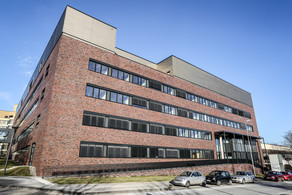
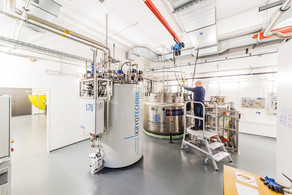
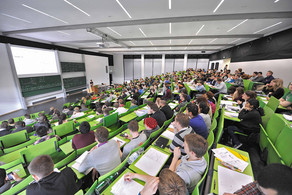
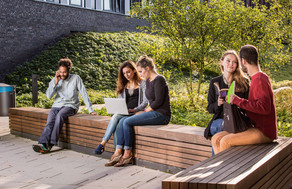
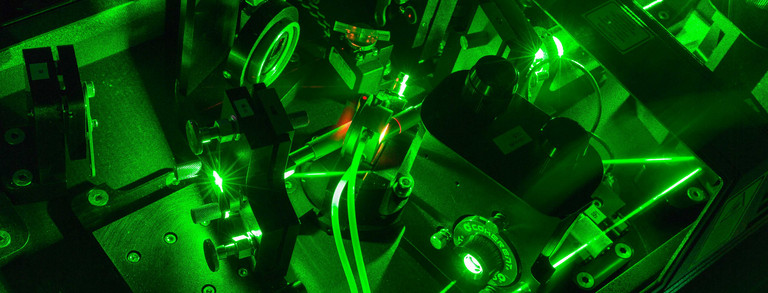






![[Translate to English:] [Translate to English:]](/storages/physik/_processed_/0/7/csm_Buenemann_Joerg2_0ad2c9b742.jpg)









![[Translate to English:] [Translate to English:]](/storages/physik/_processed_/b/3/csm_Risselada_2_a2f2b516bf.jpg)








